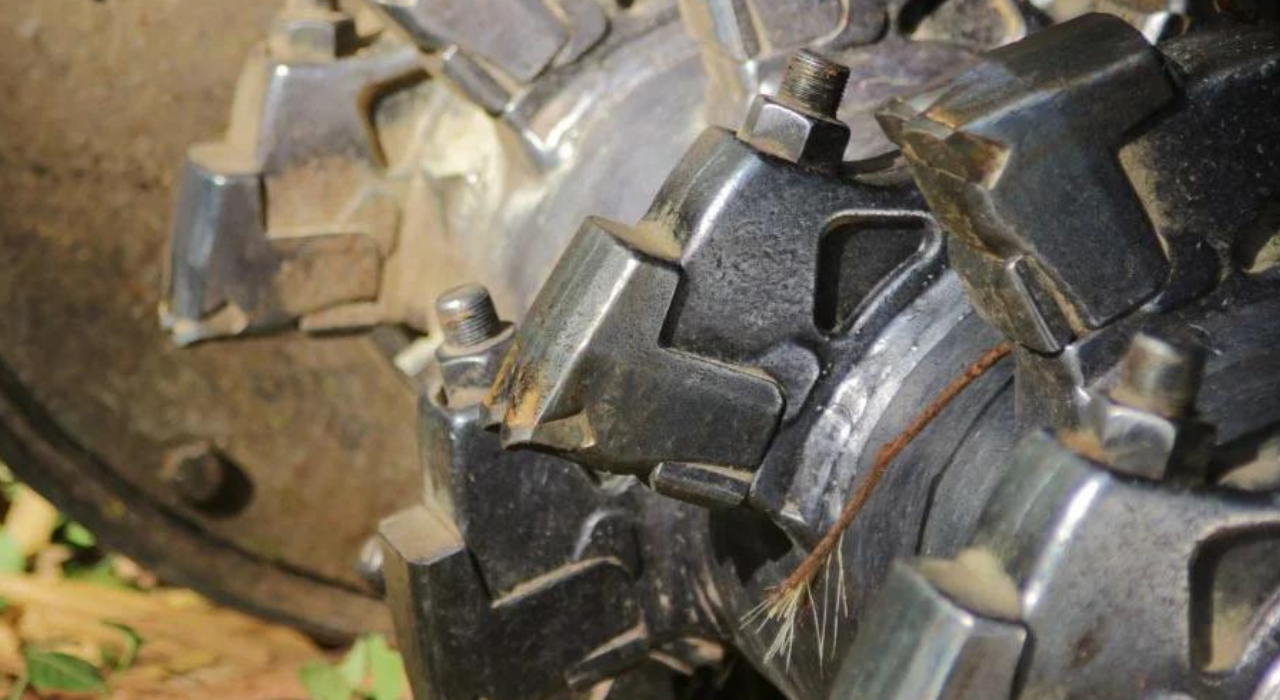Forestry mulching is a critical procedure in land clearing, plant control, and habitat restoration, the usage of robust machinery equipped with specialized teeth to efficiently shred flowers into mulch. Given the high-powered nature of this device and the disturbing situations in which it operates, safety is an important project. Carbide teeth have emerged as a key aspect of enhancing the safety and effectiveness of those operations.
Renowned for their great durability and performance, carbide teeth are engineered to stand up to excessive wear and tear, presenting reliable reducing skills that contribute to safer, more efficient mulching. The advanced hardness of carbide teeth for forestry mulcher guarantees extended sharpness and decreased maintenance desires, making them vital in coping with the challenging environmental standards of forestry mulching.
Safety Benefits Of Carbide Teeth Is Forestry Mulching
This article explores how carbide teeth contribute to a more secure operating environment for operators and preservation employees.
Reduced Risk of Tooth Failure
Carbide teeth are designed to stand up to intense forces and abrasive conditions. These teeth are particularly resistant to wear and tear due to the hardness of the carbide material. This durability notably reduces the hazard of tooth failure throughout the operation. In contrast to trendy steel teeth, which may experience speedy wear or breakage, carbide teeth hold their integrity under stress. The reduced chance of tooth breakage minimizes the hazard of particles being ejected from the mulcher, which could potentially cause injury to operators or bystanders.
Consistent Performance and Reliability
Carbide teeth provide regular reductions in overall performance, which is essential for retaining the predictable and reliable operation of the mulcher. Consistent overall performance reduces the likelihood of sudden malfunctions or performance issues that would result in accidents. With carbide teeth, the mulcher operates more smoothly, with fewer interruptions or irregularities in reducing. This balance complements common protection by minimizing the hazard of sudden gadget disasters or operational surprises that could endanger the operator.
Fewer Maintenance Interruptions
One of the safety benefits of carbide teeth is their extended lifespan and decreased preservation requirements. Common upkeep and tooth replacements can lead to operational interruptions and expanded exposure to potential dangers. Carbide teeth, with their long-lasting sturdiness, require less frequent renovation, lowering the number of instances in which operators want to perform renovation tasks. This decreased frequency of upkeep not only improves operational efficiency but also lowers the danger of accidents during renovation procedures.
Improved Tooth Retention
Carbide teeth are designed to be securely mounted and retained on the mulcher. Proper tooth retention is essential for protection, as unfastened or improperly attached teeth can come to be dislodged in the course of operation, posing a vast risk. Carbide teeth are often engineered with strong attachment mechanisms that make sure they remain firmly in the vicinity. This at-ease mounting reduces the threat of tooth detachment and particle ejection, contributing to a more secure working environment.
Lower Risk of Contaminant Damage
Carbide teeth are immune to contamination from abrasive materials, including soil, rocks, and debris. This resistance enables maintaining the effectiveness of the teeth and decreases the hazard of unexpected damage or operational problems. Contaminants that could damage teeth or affect their performance pose safety dangers with the aid of potentially inflicting unexpected equipment failures or hazards. The durability of carbide teeth in the face of contaminants complements standard protection, reducing the chance of such issues.
Enhanced Operator Confidence
The reliability and overall performance of carbide tooth can improve operator confidence. While operators realize that their system is equipped with first-rate, durable teeth that perform continuously, they can be more aware of their mission and much less of annoying device disasters. This expanded self-assurance contributes to a more managed and attentive operation, lowering the chance of injuries or mistakes due to tension or uncertainty.
Summary
Carbide teeth play a vital role in improving the protection of forestry mulching operations. Their durability contributes to a more secure running environment by minimizing the danger of tooth failure, operational disruptions, and equipment damage. By enhancing cutting performance, reducing vibration and noise, and ensuring relaxed tooth retention, carbide teeth help create a strong and more dependable mulching procedure. These elements collectively enhance the safety of operators and renovation personnel, making carbide tooth valuable funding for more secure and efficient mulching operations.
